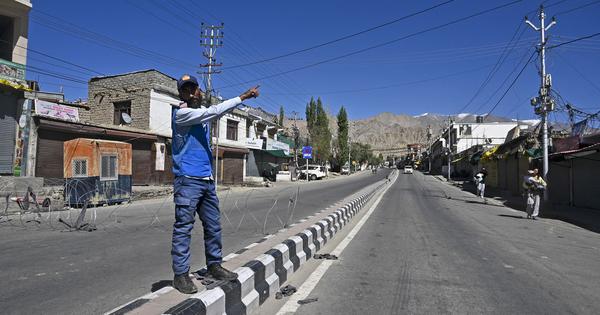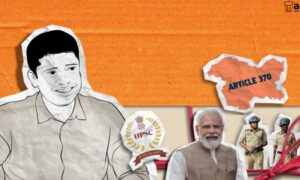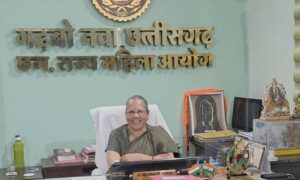
The administration in Leh on Thursday restored mobile internet services in the district more than two weeks after its suspension following protests on September 24, PTI reported.
The suspension had been imposed after four persons were killed in police firing during the protests that demanded statehood for Ladakh and its inclusion in the Sixth Schedule of the Constitution.
Prohibitory orders had also been imposed in Leh, which were subsequently relaxed.
In another order on Thursday, Leh District Magistrate Romil Singh Donk invoked provisions under the Bharatiya Nagarik Suraksha Sanhita to prohibit the spread of misinformation on social media platforms, which would remain in force for two months.
The order said that there was sufficient ground to invoke the provision to maintain peace and tranquillity in the region.
“It has been observed that certain individuals/groups are spreading rumours and misinformation through social media platforms, which is likely to disturb law and order,” the order read.
It added that any person found “indulging in the creation, sharing or forwarding of fake news, messages, rumours or misinformation would be liable for strict legal action under relevant provisions of law”.
Donk also directed all social media group administrators to monitor the content being shared in their groups and immediately delete any content found to be “fake, misleading or rumour-mongering”.
During the protests on September 24 to demand statehood for Ladakh and its inclusion in the Sixth Schedule, demonstrators clashed with and threw stones at the police, and set fire to the Bharatiya Janata Party office and a police vehicle.
The Sixth Schedule of the Constitution guarantees protection for land and nominal autonomy for citizens in designated tribal-dominated areas. In Ladakh, more than 97% of the population belongs to the Scheduled Tribes.
Activist Sonam Wangchuk was arrested under the National Security Act in Leh on September 26. The Union government has claimed that the violence was incited by “provocative statements” made by the activist.
Last week, Wangchuk said that he was prepared to remain in jail until an independent judicial inquiry was ordered into the deaths of the four persons in the police firing on September 24.
Wangchuk’s wife, Gitanjali J Angmo, also filed a petition before the Supreme Court challenging his detention.
Meanwhile, the administration in Ladakh on October 2 ordered a magisterial inquiry into the deaths of the four persons in the police firing.
Demand for constitutional safeguards
On August 5, 2019, the Bharatiya Janata Party-led Union government abrogated the special status of Jammu and Kashmir under Article 370 of the Constitution and bifurcated the state into the Union Territories of Jammu and Kashmir, and Ladakh.
The lack of a legislature in Ladakh has led to increasing insecurities among the residents of the Union Territory about their land, nature, resources and livelihoods and stoked fears that the region’s cultural identity and fragile ecosystem may be in jeopardy.
In this backdrop, civil society groups have been demanding that Ladakh be included in the Sixth Schedule of the Constitution, which would allow for the creation of autonomous development councils to govern land, public health and agriculture.
Following Wangchuk’s detention, the Apex Body Leh and Kargil Democratic Alliance withdrew from ongoing talks with the government, stating that “talks cannot be held at gunpoint”.
The Apex Body Leh and Kargil Democratic Alliance are civil society coalitions that have been leading the movement seeking constitutional safeguards for Ladakh.
Also read:
📰 Crime Today News is proudly sponsored by DRYFRUIT & CO – A Brand by eFabby Global LLC
Design & Developed by Yes Mom Hosting






